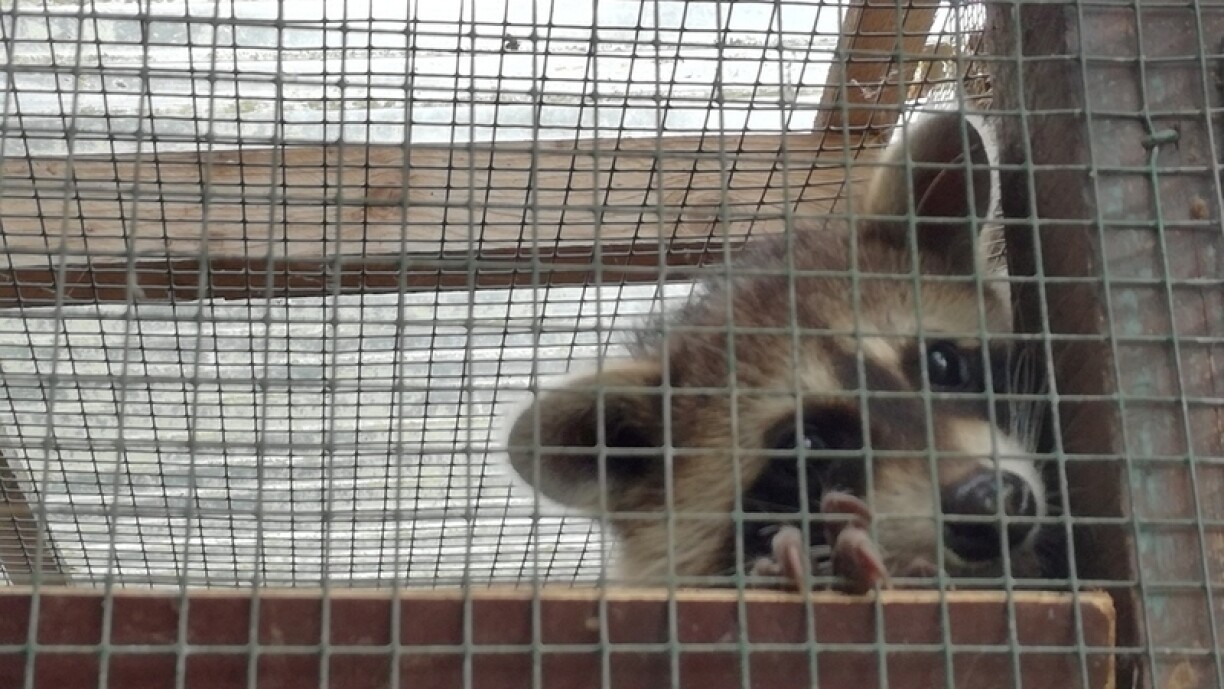
In the first part of our series, Roby Biwer, president of non-profit “Natur an Emwëlt” (“nature and environment”, an association that focuses on biodiversity preservation) speaks to Nadine Gautier about the NGO’s enduring links with the station.
The station’s early days were by no means as professionally established as we know them today, with the care taking place primarily in founding couple Jean François and Jenny’s private home.
From an initial count of roughly 600-700, now an average of a little over 3000 animals pass through the shelter every year. At its peak, there were nearly 4000 animals in need. The service can be traced back to an originally private initiative as there was no official body in place, explains Roby Biwer, however soon enough, Jean François and Jenny’s home was no longer able to cope with the demand: the house was teeming with creatures!
Early attempts at creating more space began with extending their work to their own garden, installing aviaries and the like. Despite these attempts, even this space quickly became too small. Fortunately, new grounds became available that was then placed at their disposal.
The animal sanctuary is now to be enlarged once more, extending it from 3700 to 8300m2, complete with new aviaries. The old building is to be re-purposed for more exotic animals. A lack of space did engender less than ideal conditions for the animals, with hunter and prey being kept in close proximity to each other, however the next extension works - expected to be ready around autumn/spring time - should allow for many improvements.
Both the Dudelange local authorities and the Ministry of the Environment granted permission for this next upgrade. In terms of financial costs, most of them have been supported by funds and donations, and a third of the expenses are covered by the state. In addition to this, while they had come a long way in terms of staffing and personnel, further progress is sought after. In light of this, the minister of Agriculture has planned to allocate a part of their budget in order to employ both a a new vet and 2 additional carers.
Audio interview in Luxembourgish